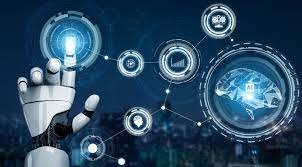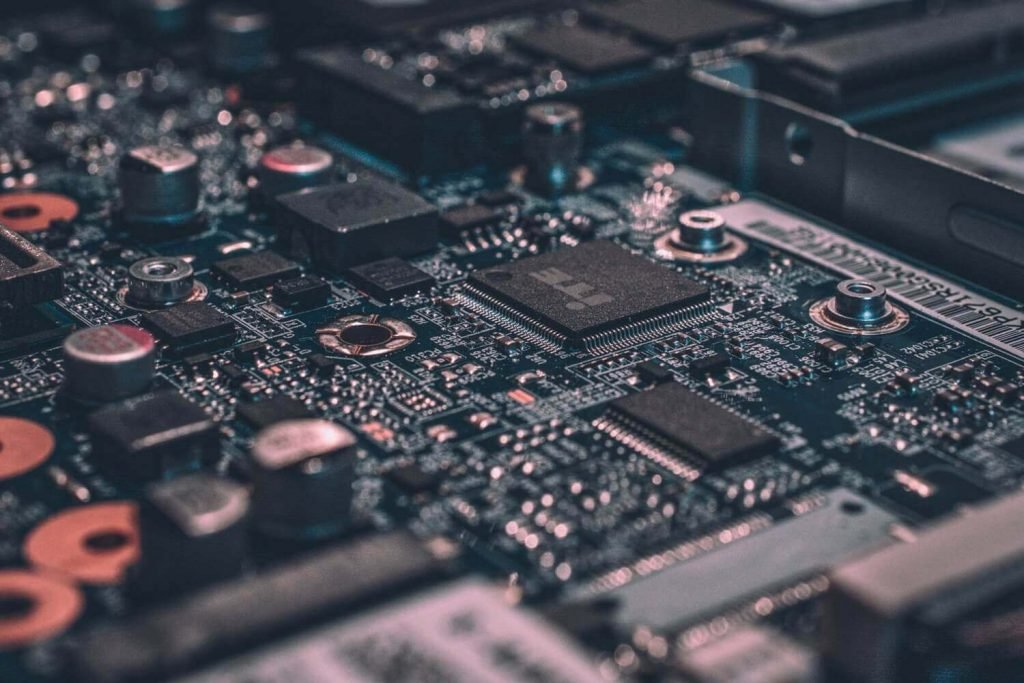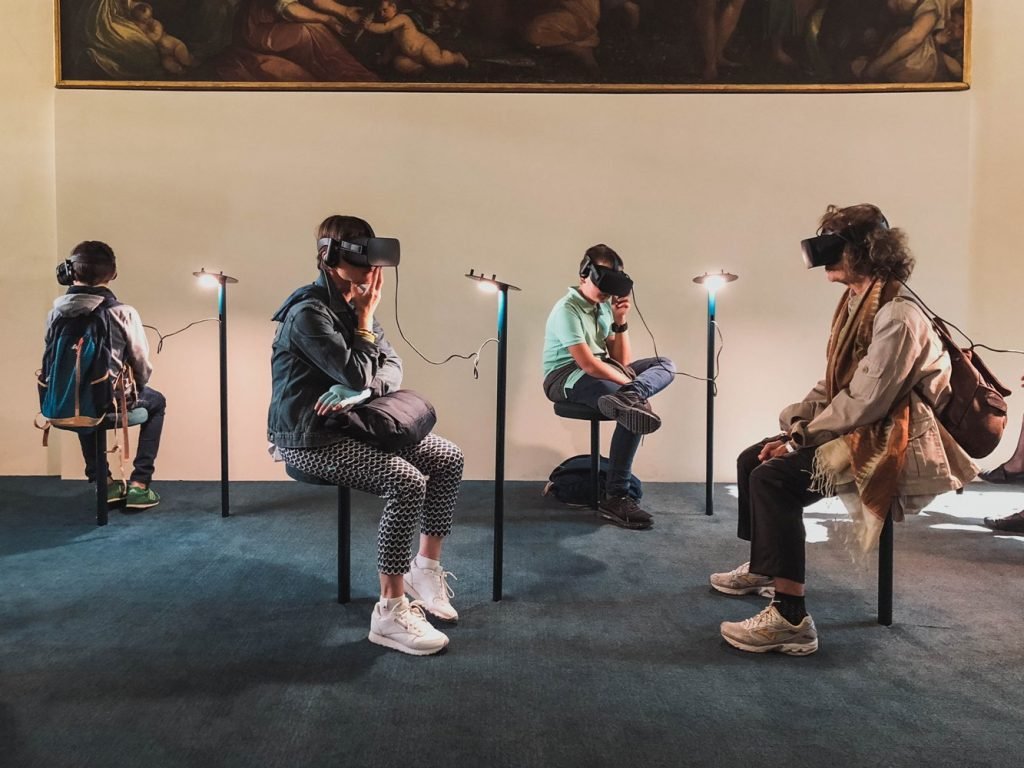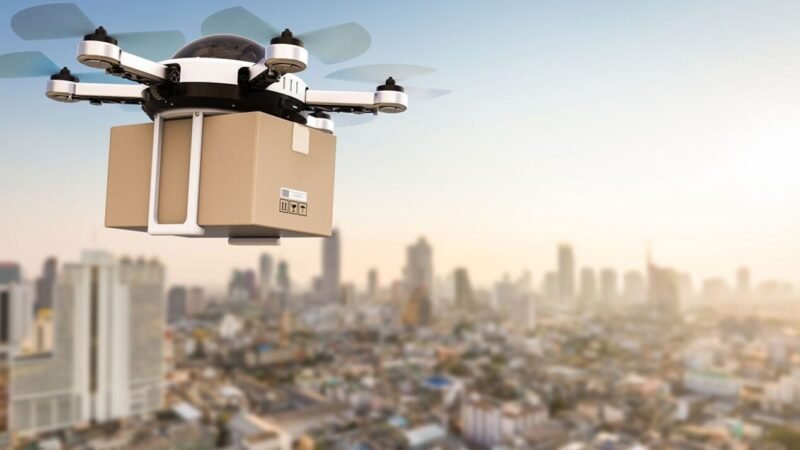Meaning of Technology

What is technology:
Technology is known as a product or solution made up of a set of instruments, methods and techniques designed to solve a problem.
Technology is generally associated with scientific knowledge and engineering; However, technology is any notion that can facilitate life in society, or that allows satisfying individual or collective demands or needs, adjusted to the requirements of a specific time.
Regarding its etymological origin, the word technology means “the study of technique”. It comes from the Greek τεχνολογία ( technology ), which is made up of τέχνη (téjne) , which means “technique, art, trade”, and λόγος (logos ), “study, treatise”.
On the other hand, technology also refers to the scientific discipline focused on the study, research, development and innovation of techniques and procedures, devices and tools that are used to transform raw materials into objects or utility goods. practice.
At this point, it is important to highlight that technique is the set of technical knowledge, skills, and rules that are used to obtain a result. For its part, technology is the means, that is, it is the link between the how, that the technique solves it, and the why.
The following terms can be used as synonyms for the word technology: applied sciences, knowledge, techniques, among others.
Currently, the classification of technology into two categories is recognized: hard technologies and soft technologies.
See also
- Prospective .
- Technique .
Hard technology

It is any tangible product, solution or component whose creation comes from the transformation of materials. Hardware parts and industrial machinery are a clear example of hard technology.
For a technology to be considered hard, it must meet these characteristics:
- It must be innovative: if the product created no longer satisfies current needs, it cannot be considered hard technology.
- It must be novel: it has to make a contribution to what has already been created.
- It can become outdated over time.
- It must be fast: this applies especially to developments in the field of computing.
Maintenance required – otherwise the product will not be able to meet the needs for which it was created.
Soft technology
It is all the knowledge or methodology that has been created to improve social dynamics. It is so called because it is generated from the so-called soft sciences, such as psychology, economics, letters, statistics, social sciences, etc.
As their function is to generate knowledge to streamline processes, they have multiple applications in the business and resource management world.
Soft technology is essential so that another type of technology can be generated. Software, for example, is considered soft technology and is essential in the development of hardware, which is hard technology.
Technology Advances
Technology has been key in the technical progress of humanity, in this sense it has been possible to evidence specific and important technological advances at different times such as:
Primitive or classical technologies: they led to the discovery of fire, the invention of the wheel or writing.
Medieval technologies: include such important inventions as the printing press, the development of navigation technologies, or the improvement of military technology.
Manufacturing technology: more recently, in the 18th century, the technological development of manufacturing processes was decisive for the Industrial Revolution.
Information and communication technology: in the 20th century, technology evolved in the area of information and communication, as well as towards advanced technologies, which include the use of nuclear energy, nanotechnology, biotechnology, etc.
Currently, the technology considered advanced and recently invented, bears the name of state -of-the-art technology . It is characterized by its high price, and by representing an innovation compared to the technologies that already exist.
Advances in technology or technological innovations offer better living conditions for society, while, as negative factors, worrying social issues arise, such as unemployment due to the replacement of man by the machine or pollution of the environment, which require a continuous and strict control.
See also:
- 10 examples of innovations that changed the world .
- The 9 most surprising technological innovations .
Technology in education

A group of students study a work of art using augmented reality.
Educational technology or applied to education comprises the set of scientific and pedagogical knowledge, associated with methods, techniques, means and tools, which is applied for instructional purposes in the teaching-learning process.
In this way, educational technology provides the teacher with a varied range of educational instruments, either at a theoretical or material level, to favor and make the dynamics of teaching more efficient.
Therefore, an important emphasis is placed on the support provided by a material resource such as audiovisual technology in the educational process, as well as digital technology.
For example, language laboratories, projectors and films have been carried out, the use of computers and mobile telephony has also been included, which are resources used in the teaching process to optimize their results.
Currently, some schools are beginning to implement augmented reality for educational purposes.
Technology of the information and communication
Information and communication technologies, also called ICT, are a concept that refers to a wide variety of technological resources, developed from computing, which are used in telecommunications.
Some of the most commonly used ICTs today are mobile phone networks, mobile devices (phones, laptops ), mail services, and online games.
The possibility of interacting through networks or on the Internet of equipment such as the computer, mobile phone or any other electronic device with the capacity to store, process and transmit information, has caused a profound revolution in the way in which people access, generate and we disseminate information.
See also ICT (Information and Communication Technologies) .
Biotechnology
Biotechnology is a field of study with a multidisciplinary approach that includes the areas of biology, chemistry, genetics, virology, agronomy, engineering, medicine and veterinary medicine. Biotechnology is applied in agriculture, the food and pharmaceutical industry, forestry sciences and medicine.
Biotechnology involves the use of living organisms or of compounds extracted from them to obtain or modify a product or good for humans.
For example, the manufacture of yogurt, cheese or alcoholic beverages, require biotechnological processes such as the creation of yeasts to obtain a product suitable for human consumption.






